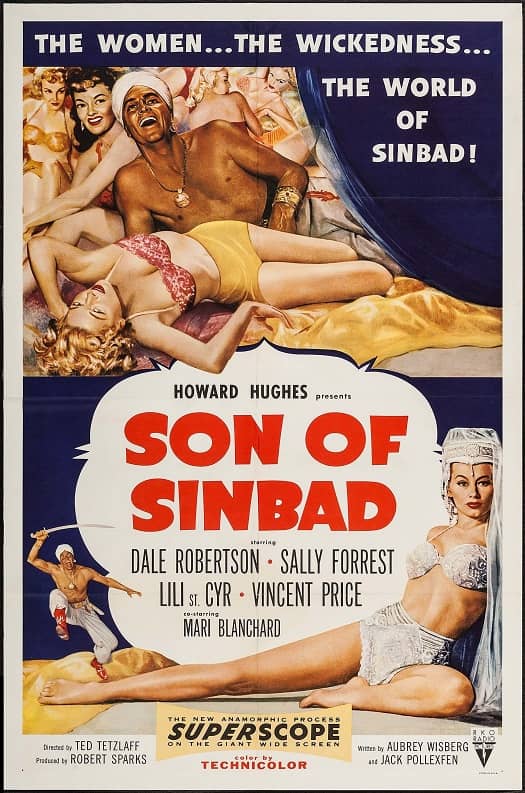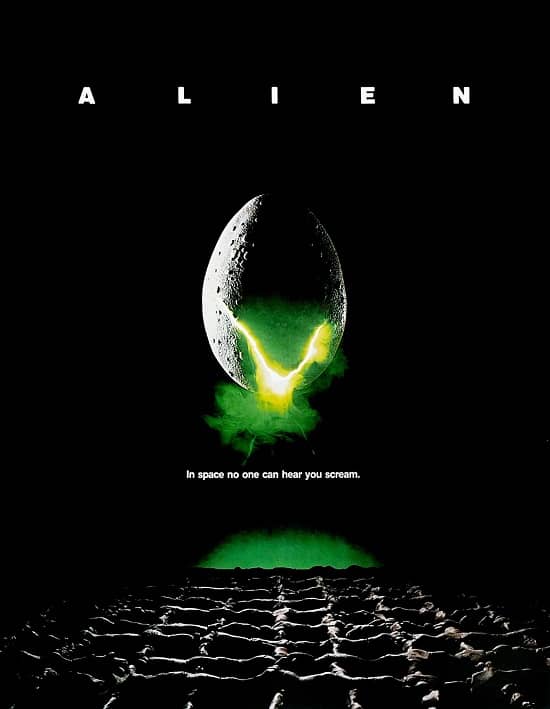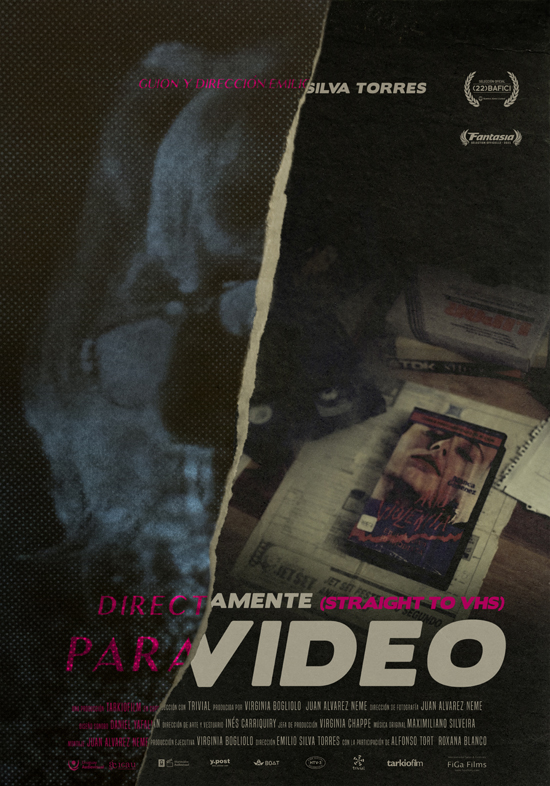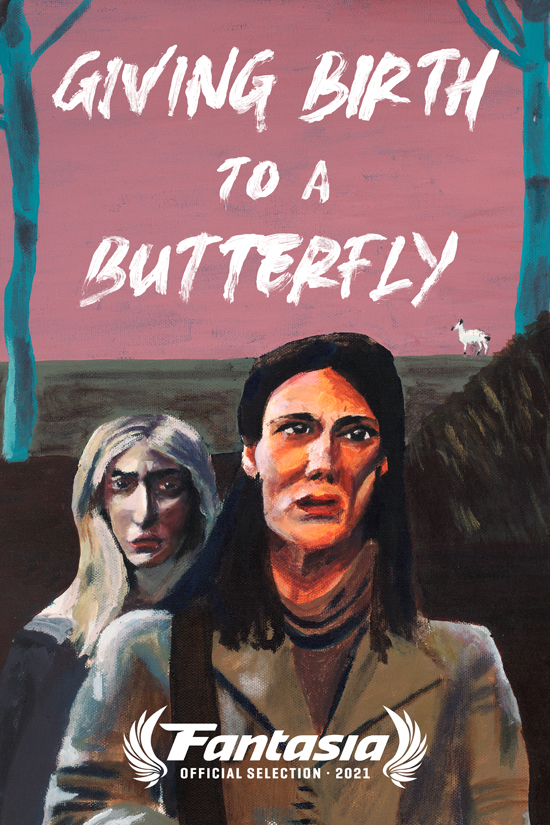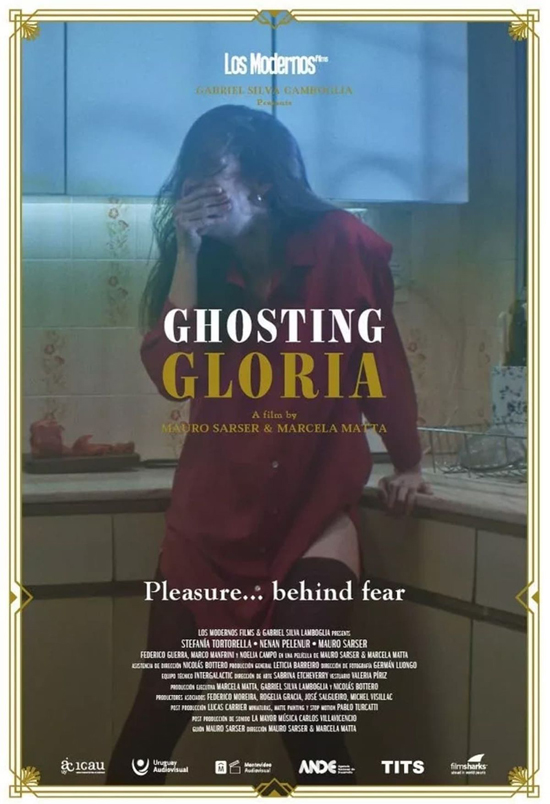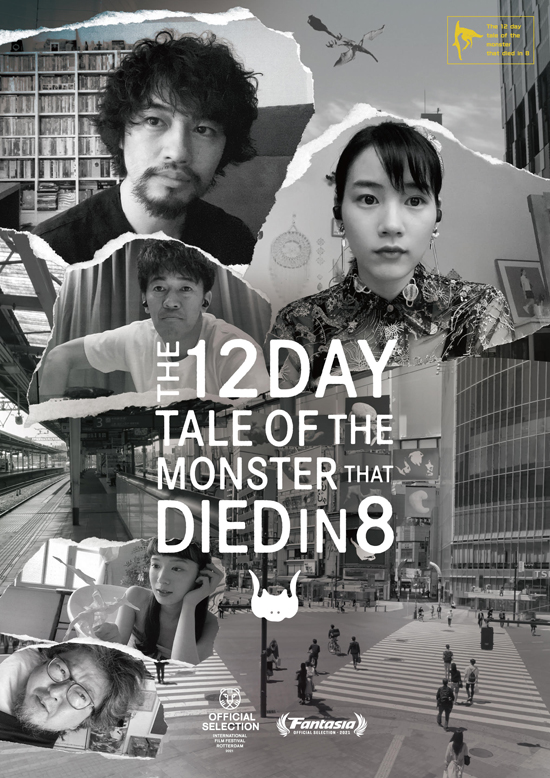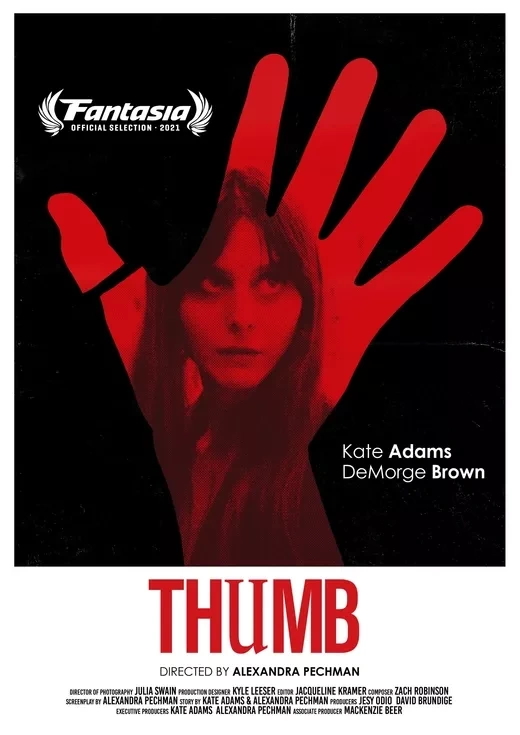Fantasia 2021, Part XXVI: Follow The Light
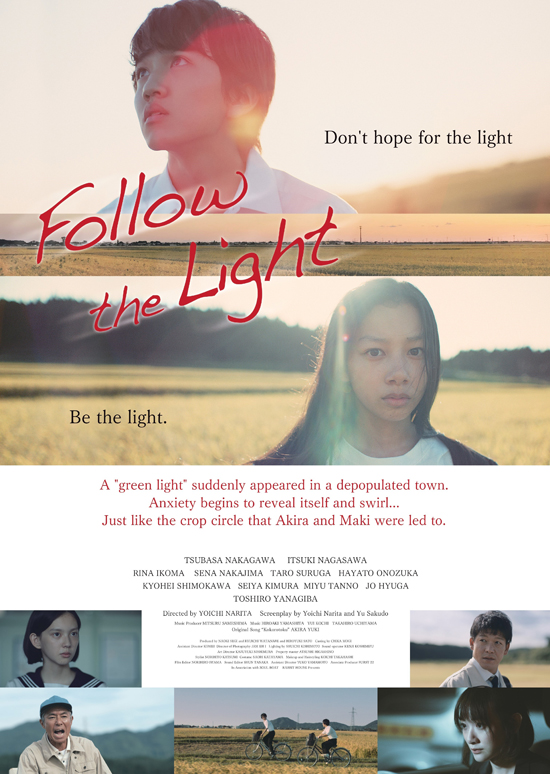 “Wao” is a 25-minute short film from Japan, directed by Emi Yasumura and written by Atsushi Asada. It’s an odd mix of teen dramedy and science fiction story, in which a youth named Wao meets a trio of other teens who explain to him he’s an alien. This explains certain mysteries of Wao’s life, but he’s not sure he wants to leave Earth permanently. He decides to stake his future on his parents: if he can rekindle a love that seems to have died, he’ll stay on this planet. Things do not go entirely as planned. It’s an entertaining story which works not so much because of the teens but because of the character depth and relationship backstory given to Wao’s parents (I wish I had a reliable cast list that would let me put the names of the actors to their characters). The moral at the end is a bit pat in the way of an old Star Trek episode, but then there are far worse things to be than an old Star Trek episode. You can call the film whimsical, and I think that’s fair in the sense that whimsy to me works when it’s able to include genuine emotional paradox and a certain amount of darkness; “Wao” pulls that off.
“Wao” is a 25-minute short film from Japan, directed by Emi Yasumura and written by Atsushi Asada. It’s an odd mix of teen dramedy and science fiction story, in which a youth named Wao meets a trio of other teens who explain to him he’s an alien. This explains certain mysteries of Wao’s life, but he’s not sure he wants to leave Earth permanently. He decides to stake his future on his parents: if he can rekindle a love that seems to have died, he’ll stay on this planet. Things do not go entirely as planned. It’s an entertaining story which works not so much because of the teens but because of the character depth and relationship backstory given to Wao’s parents (I wish I had a reliable cast list that would let me put the names of the actors to their characters). The moral at the end is a bit pat in the way of an old Star Trek episode, but then there are far worse things to be than an old Star Trek episode. You can call the film whimsical, and I think that’s fair in the sense that whimsy to me works when it’s able to include genuine emotional paradox and a certain amount of darkness; “Wao” pulls that off.
Bundled with the short was Follow the Light (光を追いかけて, Hikari wo Oikakete), directed by Yoichi Narita, who wrote the script with Yu Sakudo. It’s set in a small town in Japan, where a boy named Akira (Tsubasa Nakagawa), gifted at drawing, has recently moved with his father Ryota (Taro Suruga). Ryota’s recently had a divorce and so returned to his old home town, but Akira’s having a difficult time fitting in. Then aliens show up. Or, at least, Akira spots a UFO, a mysterious green light streaking across the sky, and on following the light finds local outcast girl Maki (Itsuki Nagasawa) lying in a crop circle. The UFO’s vanished, but the two teens strike up a relationship, which the film follows in and around subplots about the local school being about to shut down, and Ryota rebuilding his life, and Maki’s uncle trying to hold on to his farmland in the face of financial trouble, and Akira fitting in at a school Maki long ago forsook, and a teacher who may be horribly miscast in her profession.
